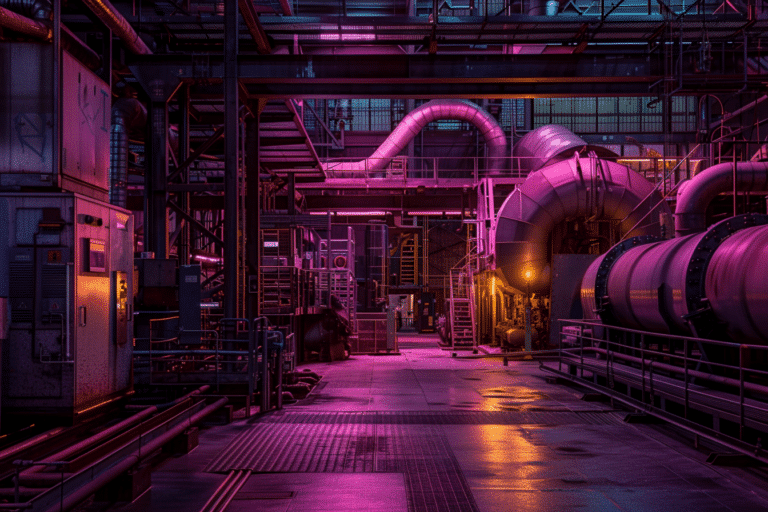Artificial intelligence has arrived to streamline many tasks, but it has also brought with it a significant problem, energy consumption. The growing demand for energy to power data centers is enormous, raising concerns among organizations like the International Energy Agency (IEA). By 2030, this consumption is expected to increase by 200%.
Fatih Birol, director of the IEA, has announced the first Global Conference on Energy and Artificial Intelligence for next December. At this global summit, various sector stakeholders will gather to discuss possible measures to address this increase in energy demand. “Although its use today is small, the demand has increased rapidly in recent years and is expected to continue growing. Considering the implications of the AI revolution is essential to understanding the future of energy,” the IEA indicates.
According to the latest IEA report on projected energy consumption for 2026, data centers are expected to consume more than 1,000 terawatt-hours (TWh) that year, equivalent to the total energy consumption of Japan. In 2022, these centers consumed approximately 460 TWh, representing about 2% of global electricity consumption. In comparison, cryptocurrencies are estimated to consume around 160 TWh by 2026, with an expected growth of 40%. Even so, this remains significantly below the projected impact of artificial intelligence.
Future Concerns
Elon Musk has warned of a possible "energy shortage" due to the growing demand for AI, noting that it will run out of transformers by 2025. “The computing power for cloud-based artificial intelligence appears to be increasing by a factor of ten every six months. This cannot continue at such a high rate forever, but I’ve never seen anything like it,” explains Musk.
Part of the problem is that, despite efforts to generate cheap and safe electricity from nuclear sources, meeting short-term energy demand still inevitably relies on polluting sources. In summary, this means that many coal plants that should have been closed continue and will continue to operate. For example, in Omaha, the opening of data centers by Google and Meta has caused a coal plant that was supposed to close in 2022 to remain operational at least until 2026.
In Pennsylvania, Amazon caused a stir by signing a contract to purchase more than a third of the electricity generated by one of the largest nuclear plants in the United States, the Susquehanna complex in Luzerne County. “The problem is that when a data center demands a large part of the energy generated by a nuclear plant, you have to replace that electricity in some other way,” Aaron Zubaty, a specialist in clean energy projects, told The Washington Post. “It is quickly becoming a major problem of the type where you secure the power plant you need and worry about the climate issues later,” Zubaty concludes.
While AI provides significant benefits in terms of efficiency and capabilities, it poses critical challenges in the energy sector. It is vital that the international community urgently addresses these issues, promoting sustainable and efficient solutions to ensure that technological advancement does not compromise global energy resources






